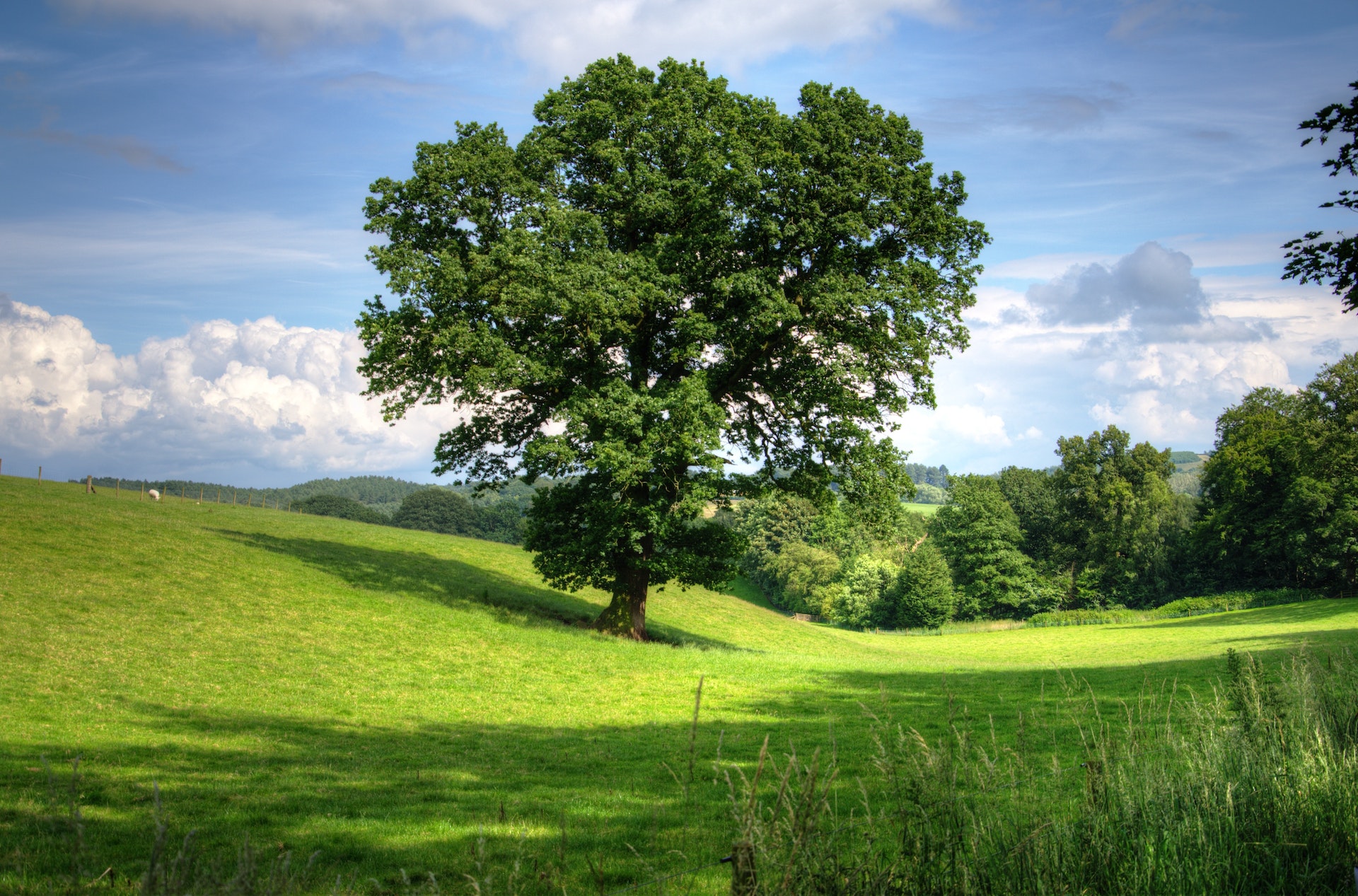

Question: Is it worth buying vacant land?
Answer: The worth of buying vacant land depends on various factors, including its location, intended use, future development potential, and personal goals. It can offer opportunities for investment, or recreational use, but careful consideration and research are necessary.
Is it Worth Buying Vacant Land? From Bare Ground to Golden Opportunities
The idea of owning a piece of land, unaltered and ripe with potential, can be incredibly enticing. But is buying vacant land worth it? As with any investment, the answer isn’t simple. It requires understanding the benefits, recognizing the challenges, and considering your personal goals.
Building Dreams: Advantages of Buying Vacant Land
Buying vacant land offers a multitude of advantages, making it an attractive investment for many. Let’s dig into some of these benefits.
Flexibility to Create: Personalizing Your Space
One of the biggest draws of buying vacant land is the flexibility it offers. Whether you dream of building a custom home, setting up a farm, or starting a business, a vacant plot gives you a blank canvas to bring your vision to life.
Related Article: Check out this page to learn more about rural realtors
Related Article: Click the link to learn more about how land realtors can help you
Low Maintenance, High Potential: An Easier Investment
Compared to other real estate investments, vacant land requires little maintenance. There’s no need to worry about repairs, renovations, or dealing with tenants. Plus, over time, as the area around your land develops, your property’s value may increase, potentially offering significant returns.
Related Article: Valuation Differences Between Urban and Rural Properties
Related Article: How Do I Find Rural Locations?
Simplicity in Acquisition: A Straightforward Purchase
Buying vacant land can often be simpler than purchasing property with a building on it. Without the need for home inspections, or considering renovations, the process can be less stressful and quicker.
The Other Side of the Fence: Disadvantages of Buying Vacant Land
Despite its advantages, buying vacant land also presents a set of unique challenges. Let’s delve into some of the potential disadvantages.
Financing Hurdles: The Loan Landscape
Securing a loan for vacant land can be more difficult than for a property with a house. Many lenders consider land purchases riskier, which often translates to stricter requirements, higher interest rates, and larger down payments.
Development Costs: More Than Meets the Eye
While a vacant plot might be cheaper than a property with a house, developing the land can be costly. From clearing and grading the land to setting up utilities and access roads, these costs can add up quickly and should be factored into your decision.
Market Dynamics: Slower Appreciation and Liquidity
Though land often appreciates over time, it typically does so slower than residential properties. Also, selling land can take longer than selling houses, making vacant land a less liquid asset.
Balancing Act: Weighing the Pros and Cons
The decision to buy vacant land involves weighing these pros and cons against your financial situation, investment goals, and personal aspirations.
Aligning with Goals: Personal and Financial Considerations
Consider your long-term plans. If you dream of building a custom home or starting a rural business, buying land might align with your personal goals. From an investment perspective, consider your risk tolerance, financial capacity to handle upfront and development costs, and your investment timeline.
Due Diligence: Researching Before Buying
A crucial step before buying vacant land is thorough research. Ensure the land is suitable for your intended use, check zoning laws, understand utility access and costs, and be aware of any restrictions tied to the property.
For more information you can check out this page
Conclusion
The worth of buying vacant land is a complex equation that depends on various factors. On the one hand, it offers flexibility, potential for appreciation, and a relatively easy entry into property ownership. On the other hand, it comes with financing challenges, potential development costs, and market dynamics that could affect your investment.
So, is buying vacant land worth it? It can be if it aligns with your goals, you’re prepared to manage the potential challenges, and you conduct thorough research before purchasing. Like any investment, it requires careful thought, planning, and a clear vision for the future.


